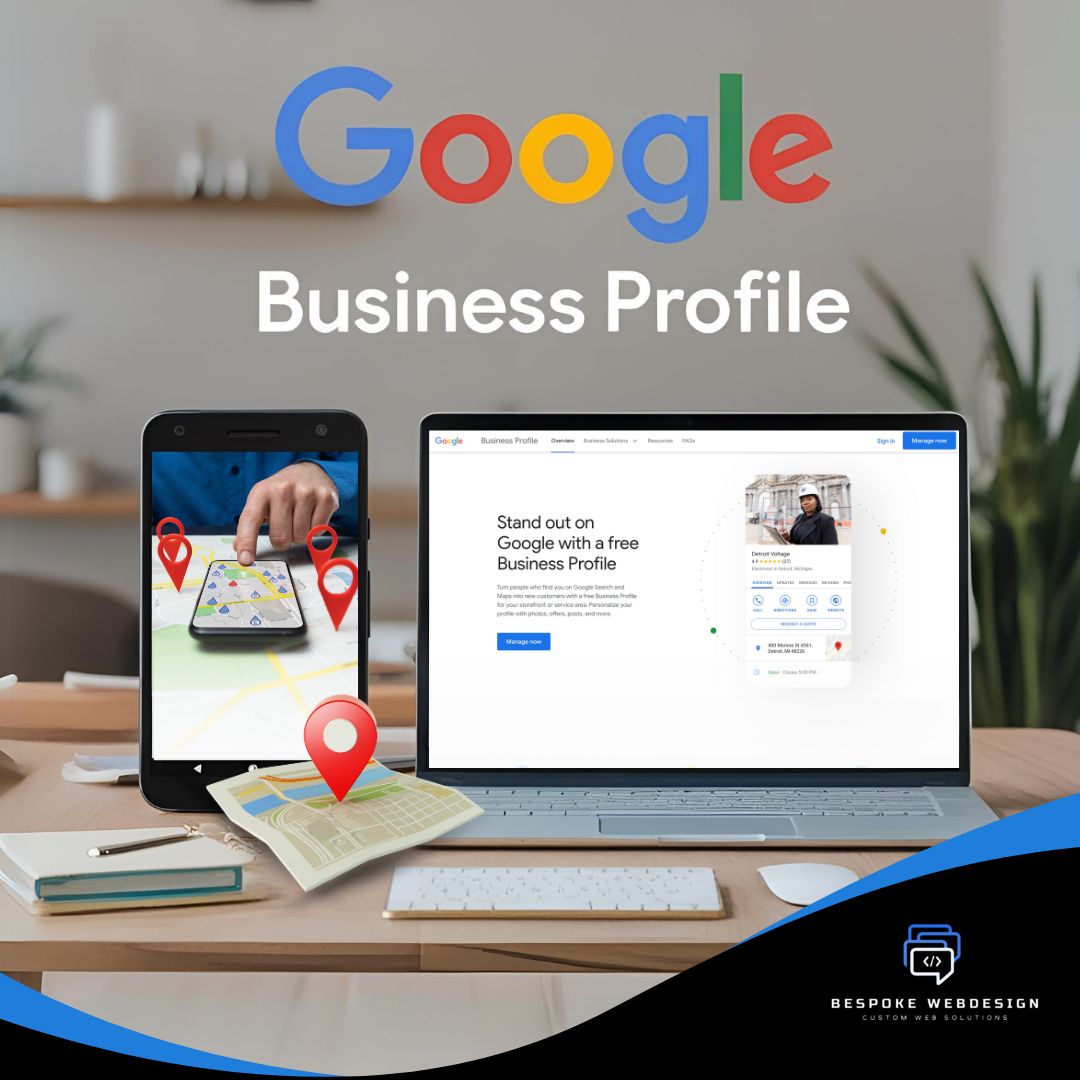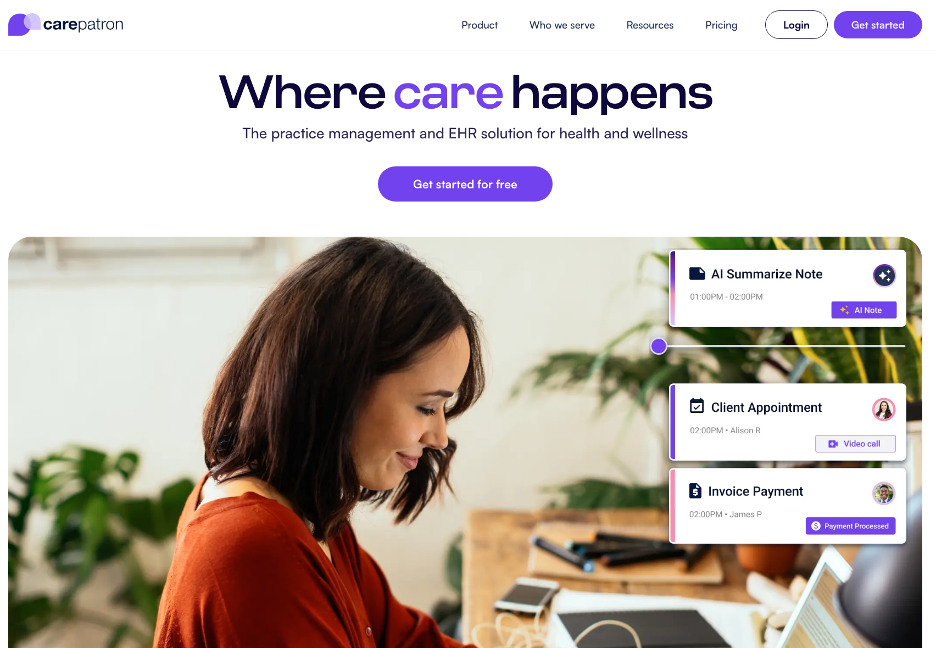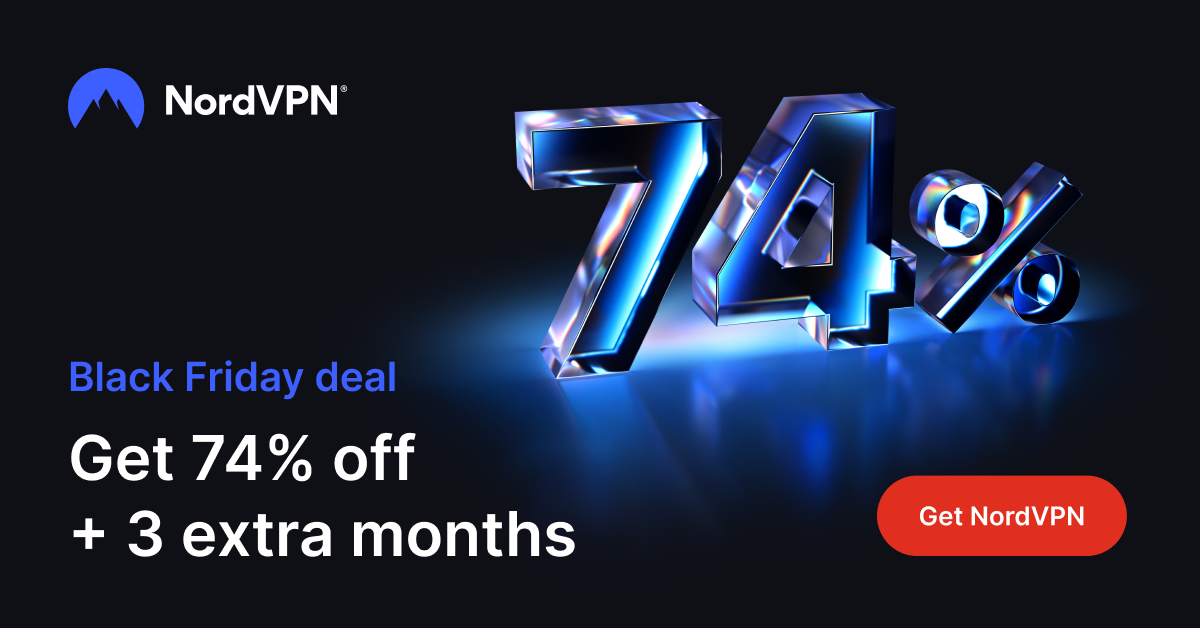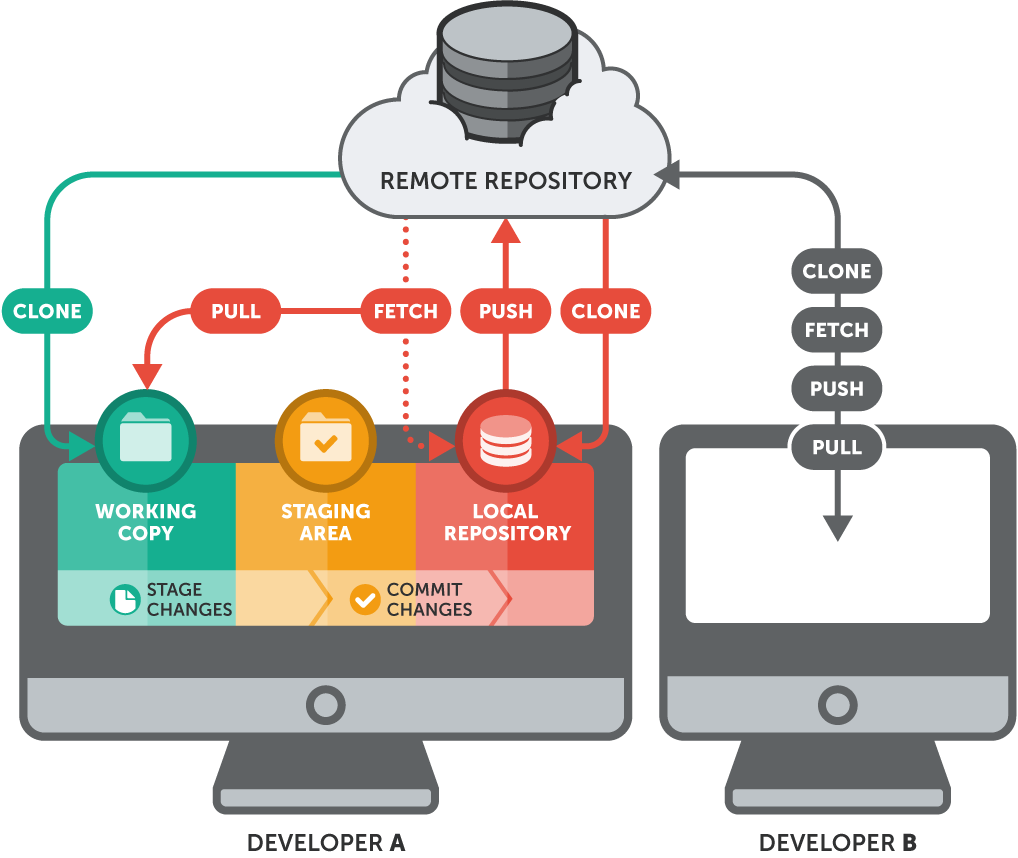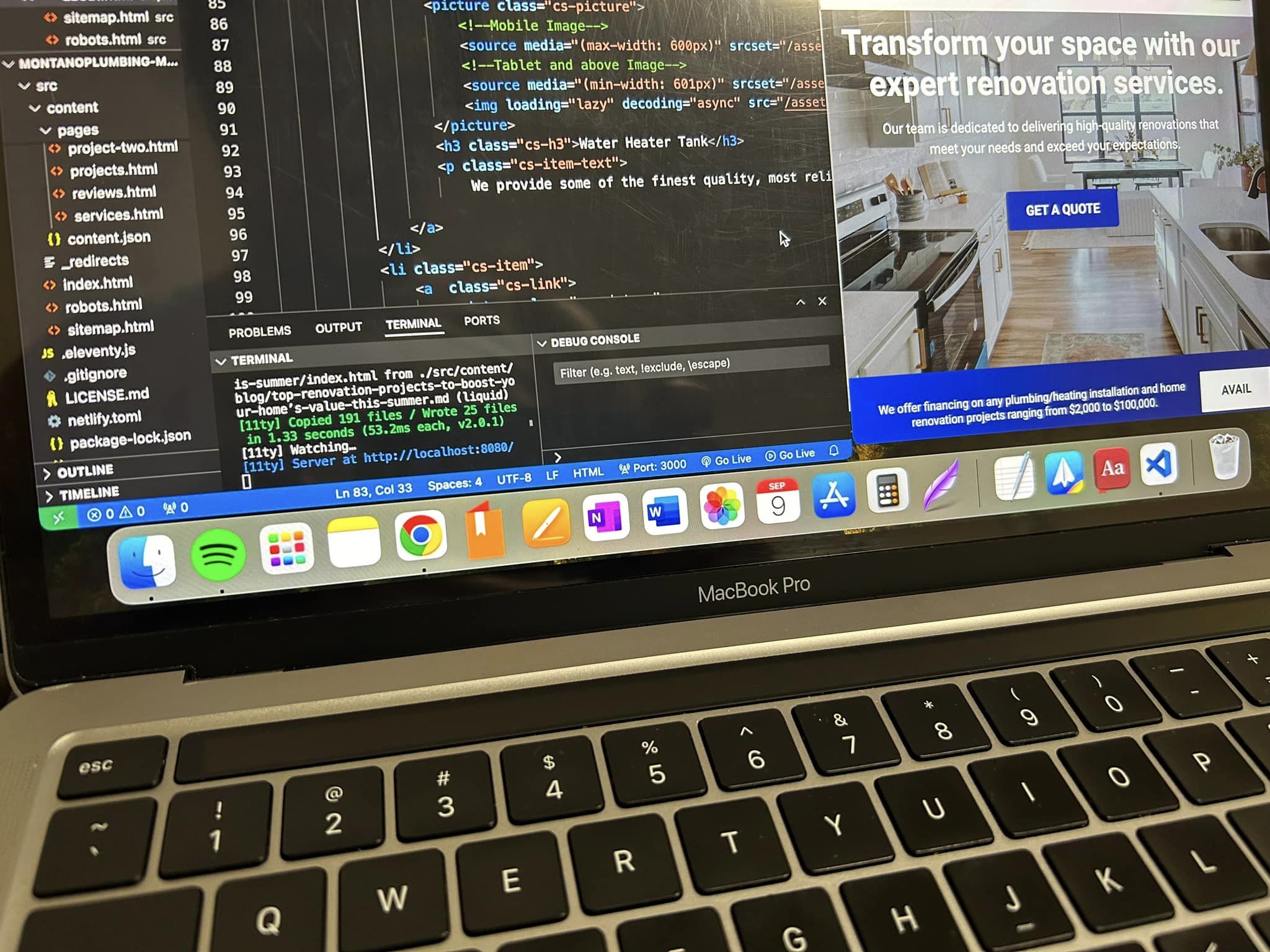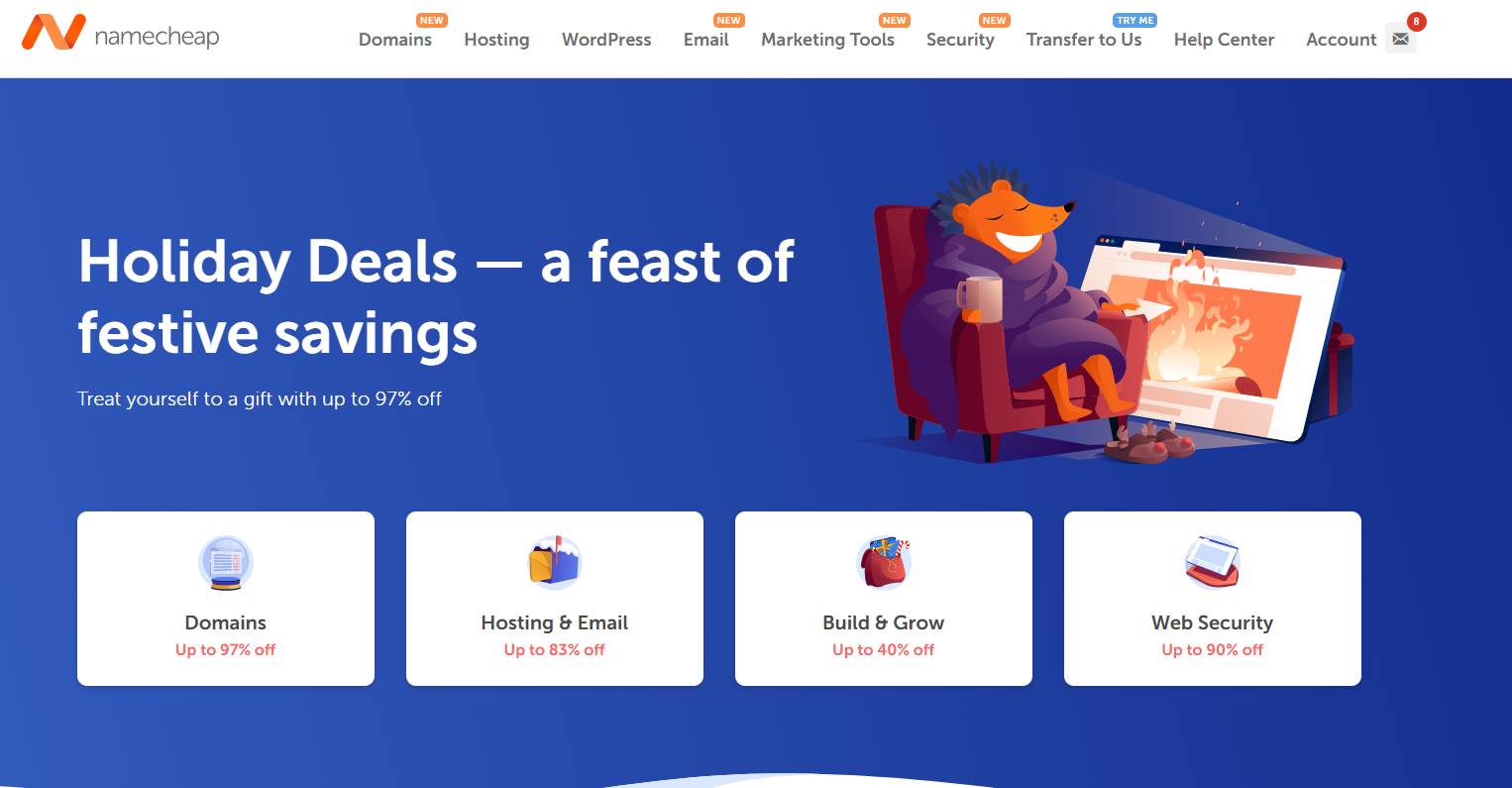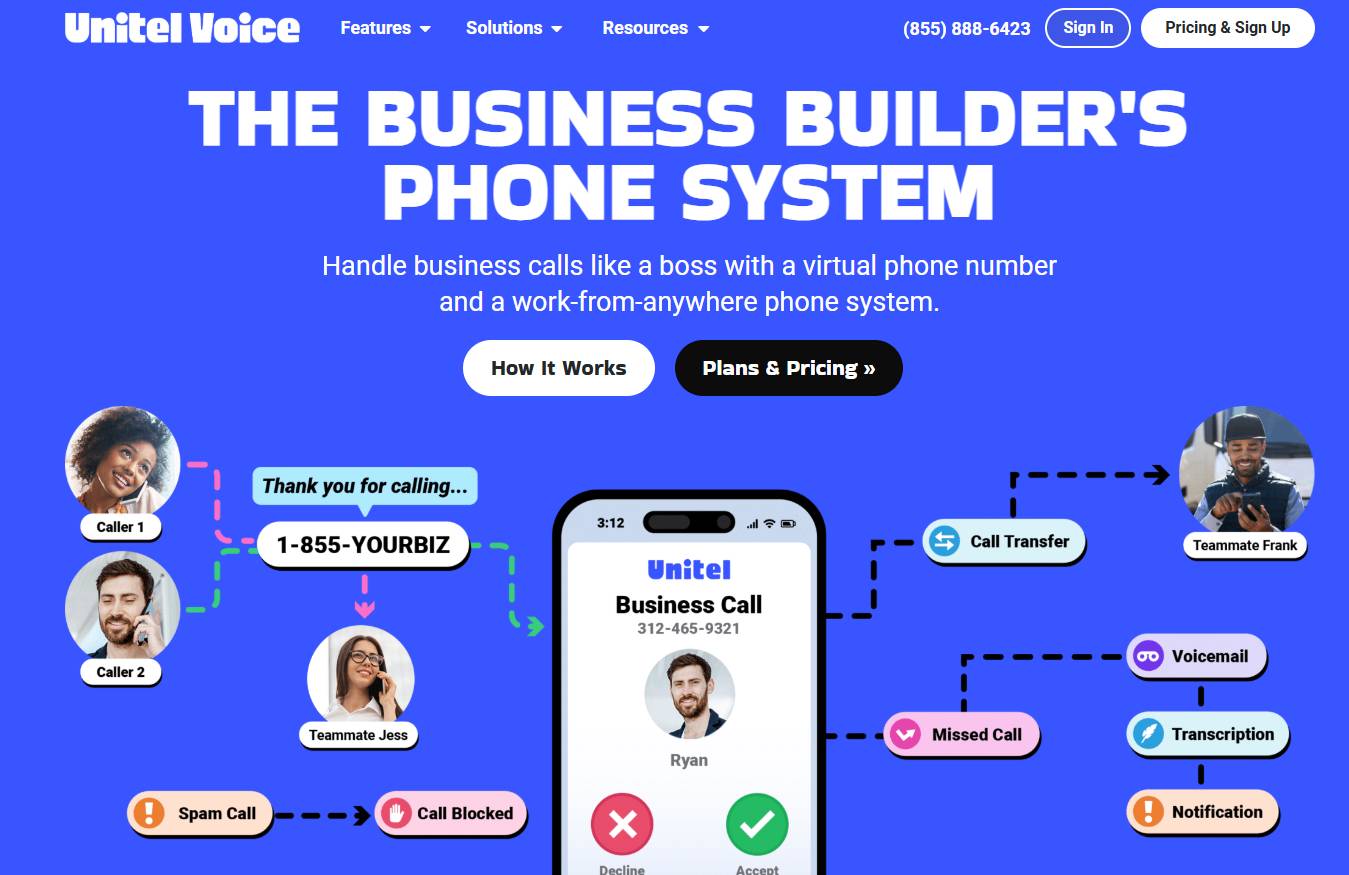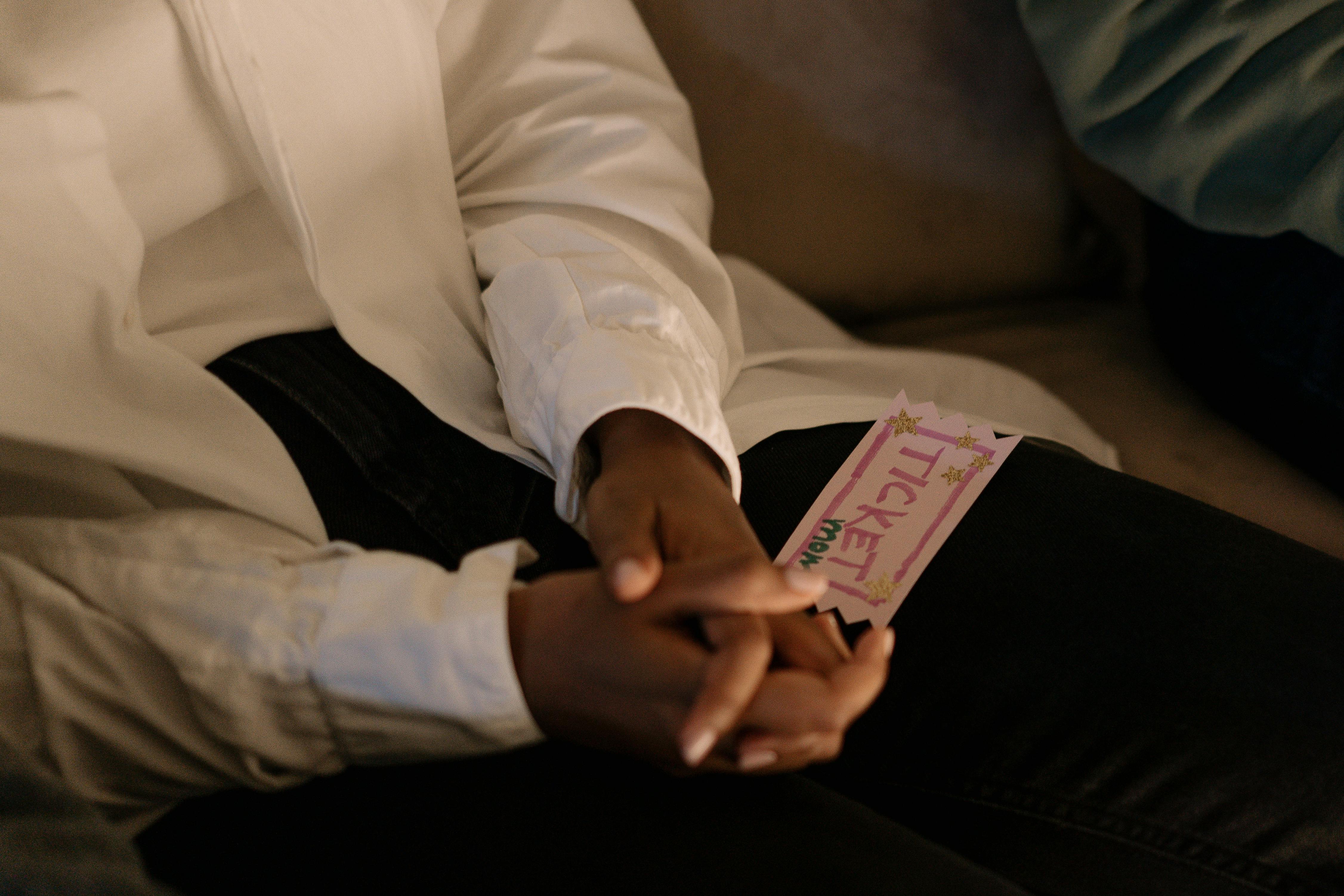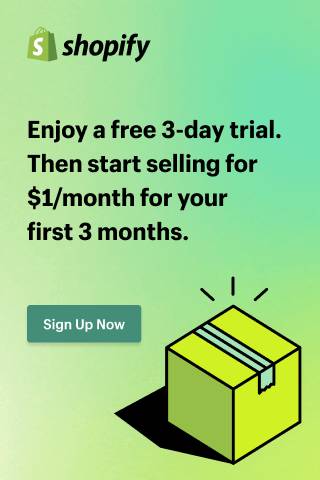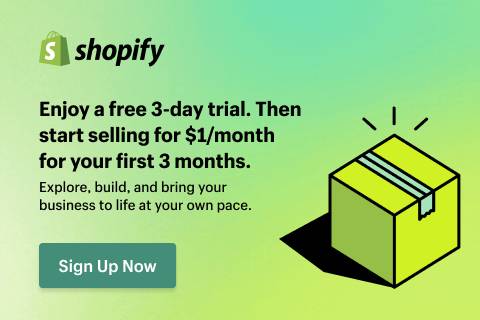
5 Key Lessons I Learned While Starting My Small Business
Starting a web agency from scratch with only two clients sounds risky, right? The journey was full of hard lessons, unexpected wins, and some epic failures. But each experience pushed me forward and taught me something invaluable. Here are five key lessons I learned on this wild entrepreneurial ride—and why you should consider them if you’re starting your own business, too.
1. Don’t Overthink – Just Get Started!
Entrepreneurship loves action. I wasted weeks diving into every business model under the sun, reading advice from seasoned pros, and analyzing endless possibilities. While planning has its place, it can quickly spiral into overthinking. And the truth is, no amount of planning prepares you for real-world challenges.
I had analysis paralysis with everything: the agency name, the design style, the services. Finally, I settled on "Bespoke Web Design Edmonton," borrowing a little inspiration from the Samsung Bespoke line of custom appliances. Once I had a name, I hit the ground running, figuring out details as they came.
As Steve Jobs once said, "Real artists ship." This lesson has been key for me. Instead of getting bogged down by a perfect launch, I’ve focused on quick, tangible steps. It might sound counterintuitive, but taking even the smallest actions can break the cycle of endless planning. Want to build your site? Start with the homepage layout and refine from there. Need a portfolio? Use that recent project and expand it as you go.
And if you're like me—juggling this business with a full-time job—grab those vacation days or quiet weekends to map out your vision and take action. The trick is simple: start and perfect as you go.
2. Support May Not Come from Where You Expect It
Here’s a surprising one: I thought family and friends would be my first clients or at least my biggest supporters. I mean, it makes sense—they know you, they believe in you, right? Wrong. Sometimes the people closest to you aren’t quite on board, and it’s not because they don’t care.
As Jack Ma once said, "When you have a big idea, friends and family might not understand it; strangers might support it first." And he’s right. My first clients and fans weren’t people I knew well but strangers who saw the potential in my work. They weren’t held back by the assumptions or expectations family might have.
Case in point: I once asked close friends to share my Facebook page—just a simple share. It was frustrating to see how few actually followed through. But through networking in industry forums, LinkedIn groups, and web design communities, I connected with people who genuinely appreciated my work and were ready to engage with me as a professional.
The lesson here? Expand your network. Get comfortable putting yourself out there and finding supporters beyond your immediate circle. Start small—network in local online groups, join design communities, or attend a virtual meetup. The right people will appreciate what you’re bringing to the table.
3. Ask for Help and Learn to Delegate
When I launched my business, I tried to do everything myself: design, development, invoicing, troubleshooting—you name it. However, as I scaled up, I realized that trying to handle it all was both exhausting and inefficient. I had to learn to delegate and seek guidance from my peers.
At one point, I spent days troubleshooting a tricky coding issue, only to have a fellow developer spot the problem in just minutes. That’s when I realized I didn’t need to be the expert at everything; I needed to bring in experts and continue learning from others. Whether it’s classmates from coding school, former colleagues, or people you connect with in industry groups, there’s always a valuable tip or skill to pick up.
Don't hesitate to ask questions or seek help. I've found that most experienced developers are more than willing to assist and offer pointers. In one instance, a developer even asked to review my code. I mentioned that I couldn't figure out the issue, and even AI suggested it was correct, yet it still wasn't working. He corrected it and explained why it didn’t work.
Version control with GitHub is a game changer, as it allows you to share your project, invite collaborators, and edit and fix issues together. Building strong relationships with other developers and designers has not only sharpened my skills but also expanded the quality of services I offer. Find those peers, and you’ll be grateful you did.
4. Be Ready for the Stress – But Don’t Let It Overwhelm You
Starting a business can be exhilarating, but it’s no walk in the park. Between managing taxes, clients, finances, and even your sleep schedule, the stress can add up quickly. For a while, I was burning the midnight oil, balancing a 9-to-5 while building my agency on the side. Not sustainable.
So I learned two things: stay organized and celebrate every win, no matter how small. Using tools like Trello for task management and a simple Google Sheets budget to track expenses made a huge difference. Breaking tasks down into bite-sized goals helps keep the overwhelm at bay.
Even more importantly, I make time for family and recharge with a weekly break to maintain my mental health. No one is productive when they’re burned out. Taking time to decompress—whether that’s a day trip or a walk with family—gives me the energy to tackle the next big thing.
And I’ll tell you this: there’s a light at the end of the tunnel. Those moments where you see your work starting to pay off? They’re worth every bit of the hustle.
5. Embrace Failure as a Learning Opportunity
Early on, I realized that failure wasn’t just probable; it was inevitable. From unresponsive clients to projects that didn’t go as planned, it’s easy to get discouraged. But failure is often the best teacher.
One example: I once pitched a big upsell to a client, feeling confident they’d go for it. They didn’t. I could’ve just moved on, but instead, I reflected on why the pitch didn’t land. I refined my messaging, figured out where I went wrong, and improved my approach. Next time, the client said yes.
Getting “seen zoned” is another common scenario. I’ve learned to see it as an invitation to improve my outreach strategy. Whether it’s reworking my subject lines, making my email more engaging, or doing better research on client needs, each experience improves my communication skills.
Failure isn’t the enemy—it’s the feedback loop that helps you get better. As Thomas Edison said, “I haven’t failed. I’ve just found 10,000 ways that won’t work.” Embrace that mindset, and you’ll find that the path to success is paved with each lesson learned along the way.
Final Takeaway: Embrace the Journey
As a small business owner with big dreams, I’ve realized that the path to success is anything but smooth. But each lesson makes me a better entrepreneur, developer, and leader. The most important part? Embrace every experience, good or bad, because that’s where the real growth happens.
If you’re thinking about starting your own web agency—or any business, for that matter—don’t wait for the perfect moment. Just Create it!

